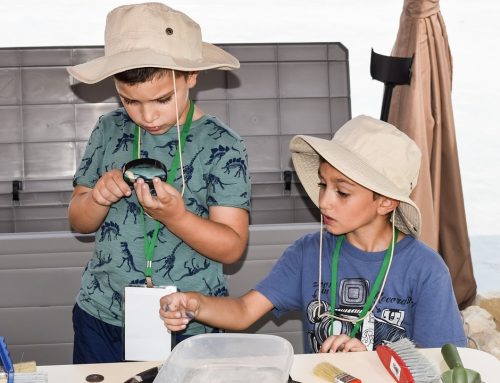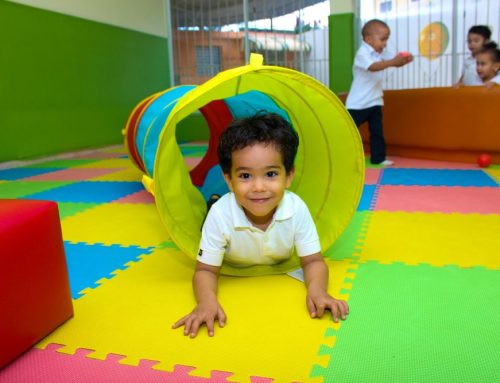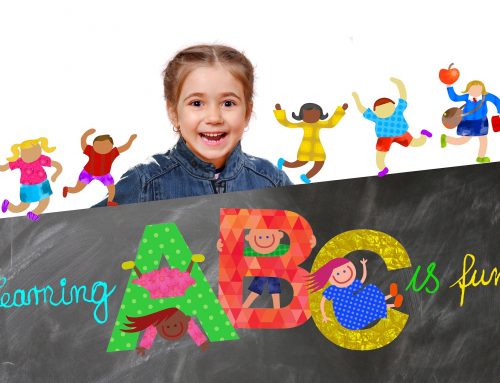Play is often seen as a natural and enjoyable activity for children. However, beyond its entertainment value, play-based learning holds a profound significance in fostering holistic child development. It is a fundamental tool for children to explore, learn, and make sense of the world around them. Let’s delve into how play-based learning contributes to the multifaceted development of children.
Cognitive Development:
Play stimulates a child’s cognitive abilities, including problem-solving, critical thinking, and decision-making skills. Through imaginative play, such as pretending to be characters or engaging in role-playing scenarios, children explore various roles and situations, enhancing their creativity and abstract thinking. Sustainable activities in childcare help children develop meticulously.
Social and Emotional Development:
Play-based learning activities encourage interaction, cooperation, and negotiation among children. Playing with peers helps develop social skills like sharing, taking turns, empathy, and conflict resolution. Additionally, it allows children to express emotions, understand others’ feelings, and build self-confidence.
Language and Communication Skills:
Play provides an environment for language development. Whether engaged in storytelling, playing make-believe, or participating in group games, children practice verbal communication, expand vocabulary, and improve their articulation. This lays a solid foundation for effective communication skills.
Physical Development:
Different forms of play, such as running, climbing, jumping, and manipulating objects, contribute to a child’s physical development. Gross motor skills, fine motor skills, coordination, and balance improve as children engage in various physical activities during play.
Creativity and Imagination:
Play nurtures creativity and imagination in children. It encourages them to think outside the box, create new scenarios, and explore endless possibilities. Engaging in open-ended play allows for unrestricted thinking, fostering innovative and imaginative minds.
Problem-Solving and Resilience:
Play-based learning presents challenges and obstacles that children must navigate. Whether building with blocks, solving puzzles, or creating art, children encounter problems and learn to overcome them. This process fosters resilience, adaptability, and a growth mindset.
Stress Relief and Emotional Regulation:
Play serves as a stress reliever for children. It allows them to release pent-up emotions and energies safely and enjoyably. Moreover, engaging in play helps children learn to self-regulate emotions and manage stress, promoting mental well-being.
Parent-Child Bonding:
Play-based activities allow parents or caregivers to bond with their children. Joining in play sessions fosters a solid emotional connection, strengthens relationships, and creates cherished memories.
Cultural and Social Understanding:
Through play, children explore cultural norms, traditions, and societal roles. Playing with toys, stories, or games from different cultures broadens their understanding and appreciation of diversity.
Conclusion
In conclusion, play-based learning is a cornerstone of early childhood development. It is not merely a pastime activity but a dynamic process through which children learn, grow, and thrive in multiple aspects of their lives. Encouraging and supporting play-based learning experiences is essential for nurturing well-rounded, resilient, and confident individuals prepared for future challenges.







Leave A Comment